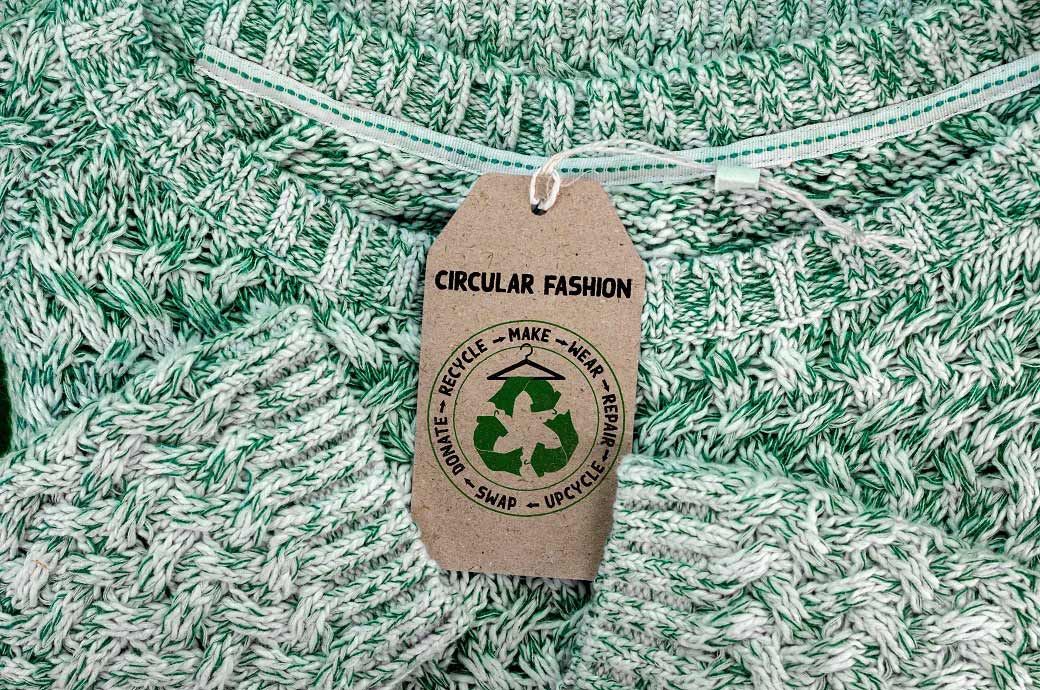
Under the revised ecodesign regulation, negotiators have come to a consensus on a set of improvements to enhance various aspects of products across their lifecycle. The key objectives include making products more durable and reliable, facilitating easier reuse, upgrading, repair, and recycling, and reducing their consumption of resources, energy, and water. The Commission will provide specific product requirements through secondary legislation, the European Parliament said in a press release.
Furthermore, the agreement also addresses the issue of premature obsolescence, where products become non-functional or less efficient due to factors such as design features, the unavailability of consumables and spare parts, or a lack of software updates.
To empower consumers with better information, digital ‘product passports’ will be introduced, containing accurate and up-to-date details about products. The Commission will manage a public web portal that allows consumers to search and compare information from these product passports, enabling them to make informed purchasing choices.
Additionally, the agreement places reporting requirements on economic operators who discard unsold goods. They will need to annually report the quantities of products they dispose of and provide reasons for doing so. Notably, the destruction of unsold apparel, clothing accessories, and footwear will be explicitly banned two years after the law comes into effect (six years for medium-sized enterprises). In the future, the Commission may expand the list of unsold products subject to a destruction ban.
Rapporteur Alessandra Moretti (S&D, IT) said: “It is time to end the model of ‘take, make, dispose’ that is so harmful to our planet, our health and our economy. New products will be designed in a way that benefits all, respects our planet and protects the environment. Sustainable products will become the norm, allowing consumers to save energy, repair and make smart environmental choices when they are shopping. Banning the destruction of unsold textiles and footwear will also contribute to a shift in the way fast fashion manufactures produce their goods.”
Fibre2Fashion News Desk (KD)